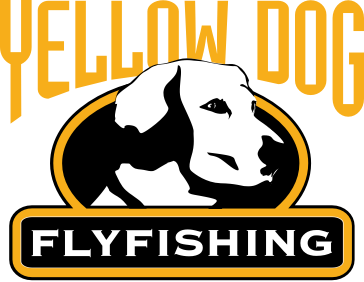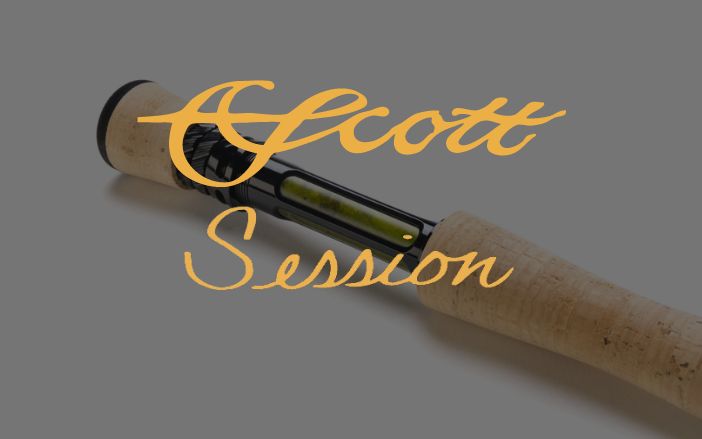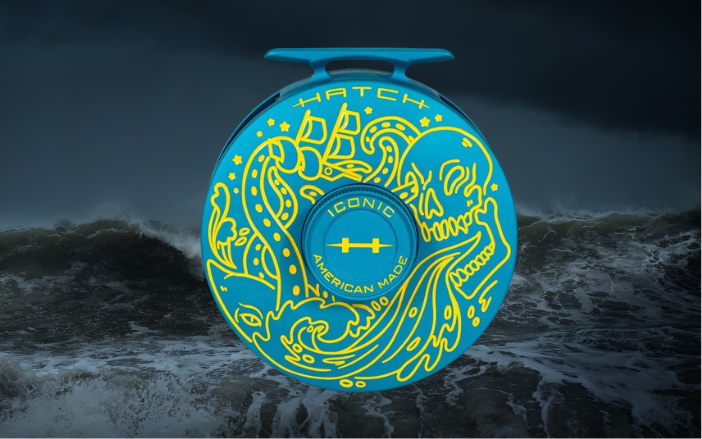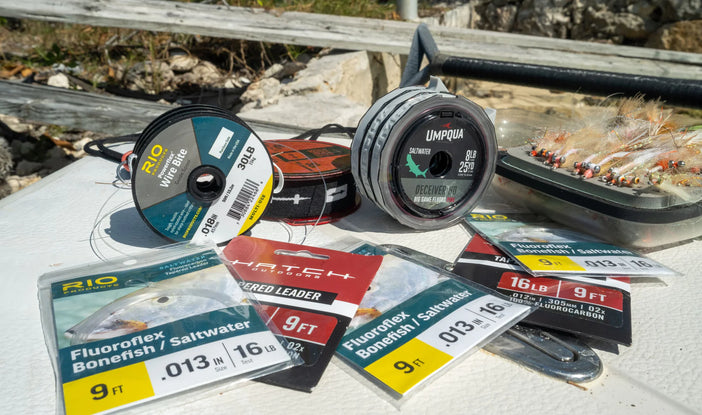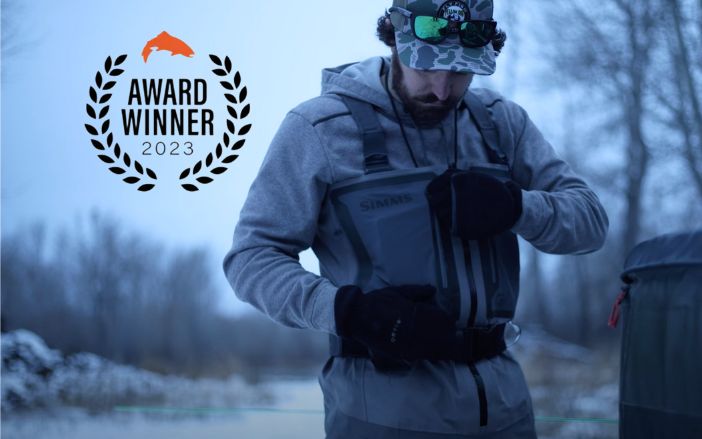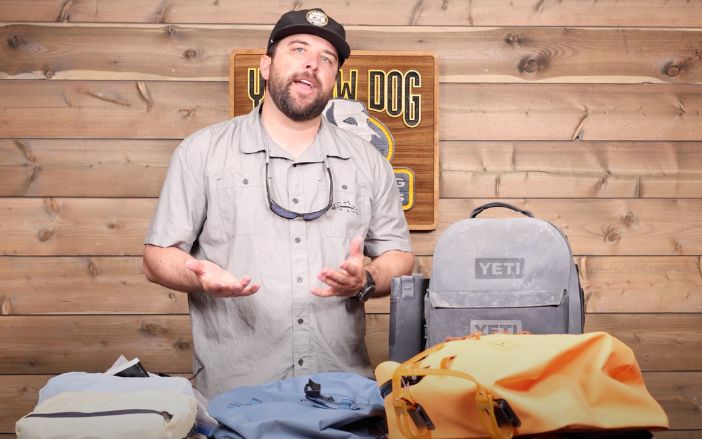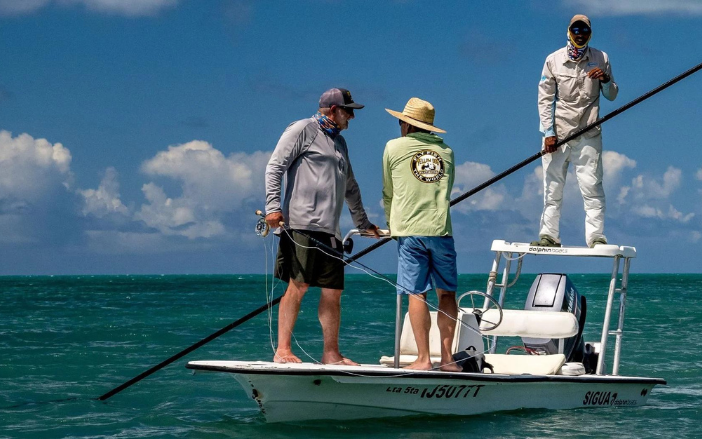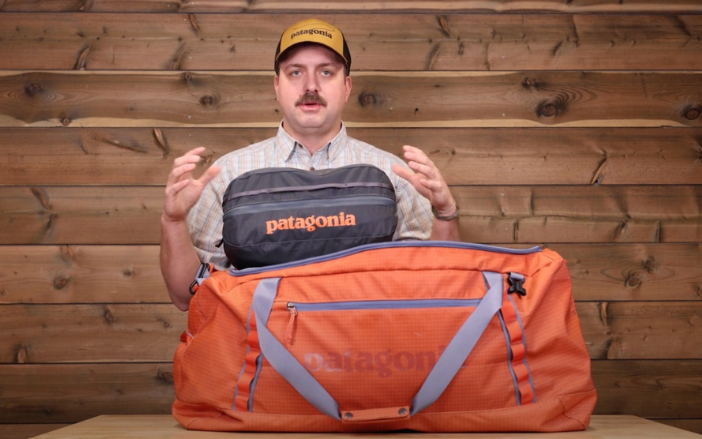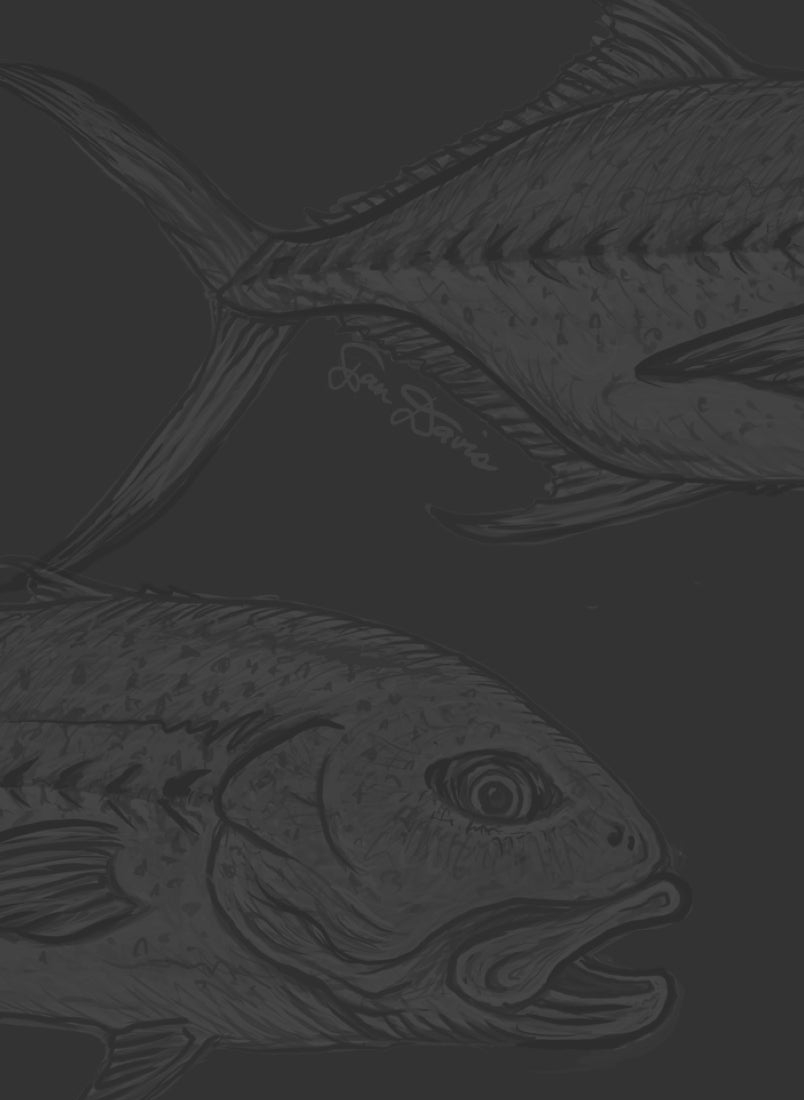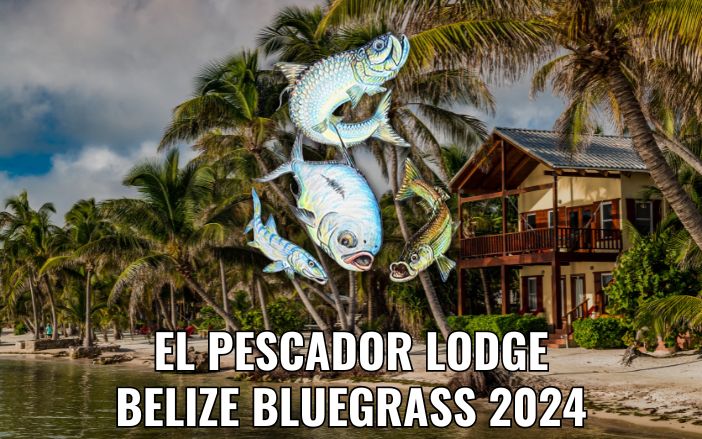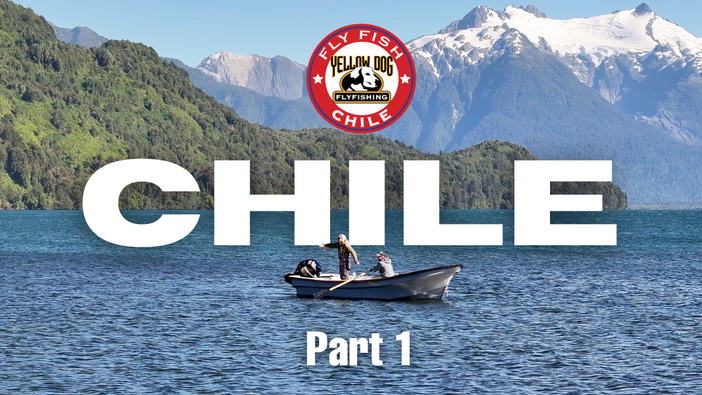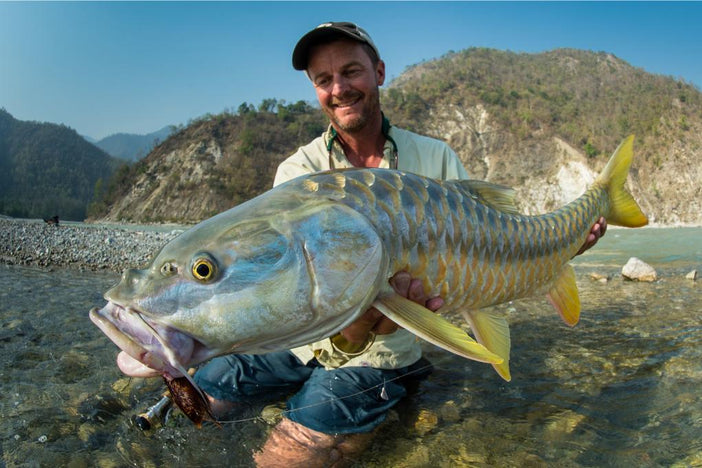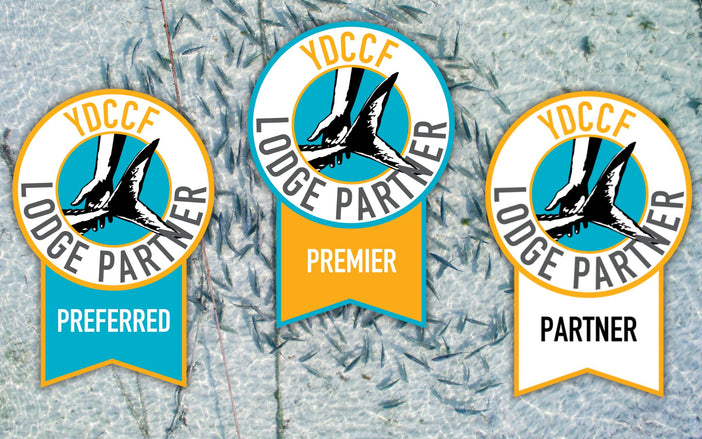
Let Your Voice Be Heard Before It's Too Late
In 2007, anglers in Alaska spent nearly $1.4 billion on fishing trips, fishing equipment, and development and maintenance of land used primarily for the pursuit of sport fishing in Alaska. Bristol Bay sport fishing supported 846 full and part-time jobs and accounted for $27 million in total wages and benefits paid to employees and proprietors. The Bristol Bay watershed provides vital habitat for 29 fish species, more than 190 bird species, and more than 40 terrestrial animals. Bald eagles, moose, brown bears, rainbow trout, freshwater seals, pacific walrus, north pacific right whales and beluga whales all live in the region.
Bristol Bay is the most productive salmon ecosystem in the world. The watershed supports the largest sockeye salmon run on the planet, producing 46% of the world’s wild sockeye harvest. It produces $1.5 billlion a year and provides nearly 20,000 jobs throughout the United States. Commercial fishing-related jobs account for nearly 75 percent of local employment.
The annual payroll for fish and wildlife-related employment totals $175 million The mine, even without a disaster, will destroy 94 miles of salmon streams and 5,350 acres of wetlands, lakes, and ponds. The EPA concluded that mining the headwaters of the river systems could cause irreparable harm to the fishery, wildlife, and people.
The devastation cannot be emphasized enough. Pollutants, toxins, and heavy metals would wreak havoc and nullify an ecosystem. It’d destroy the operations - the lives - of hundreds of lodges and outfitters. From everyone at Yellow Dog we encourage you to voice your opinion. Public comment is being taken until October 17th.
“Now is the time to act. The size and the scope of this mine would change the face of Bristol Bay forever. The negative impacts would be so monumental that it’s hard to even comprehend. Half the world’s salmon come from Bristol Bay, and if we lose that, we’d lose a sacred natural resource that we’d never get back.” – Camille Egdorf, Bristol Bay Native and director of Yellow Dog’s Alaska program.
